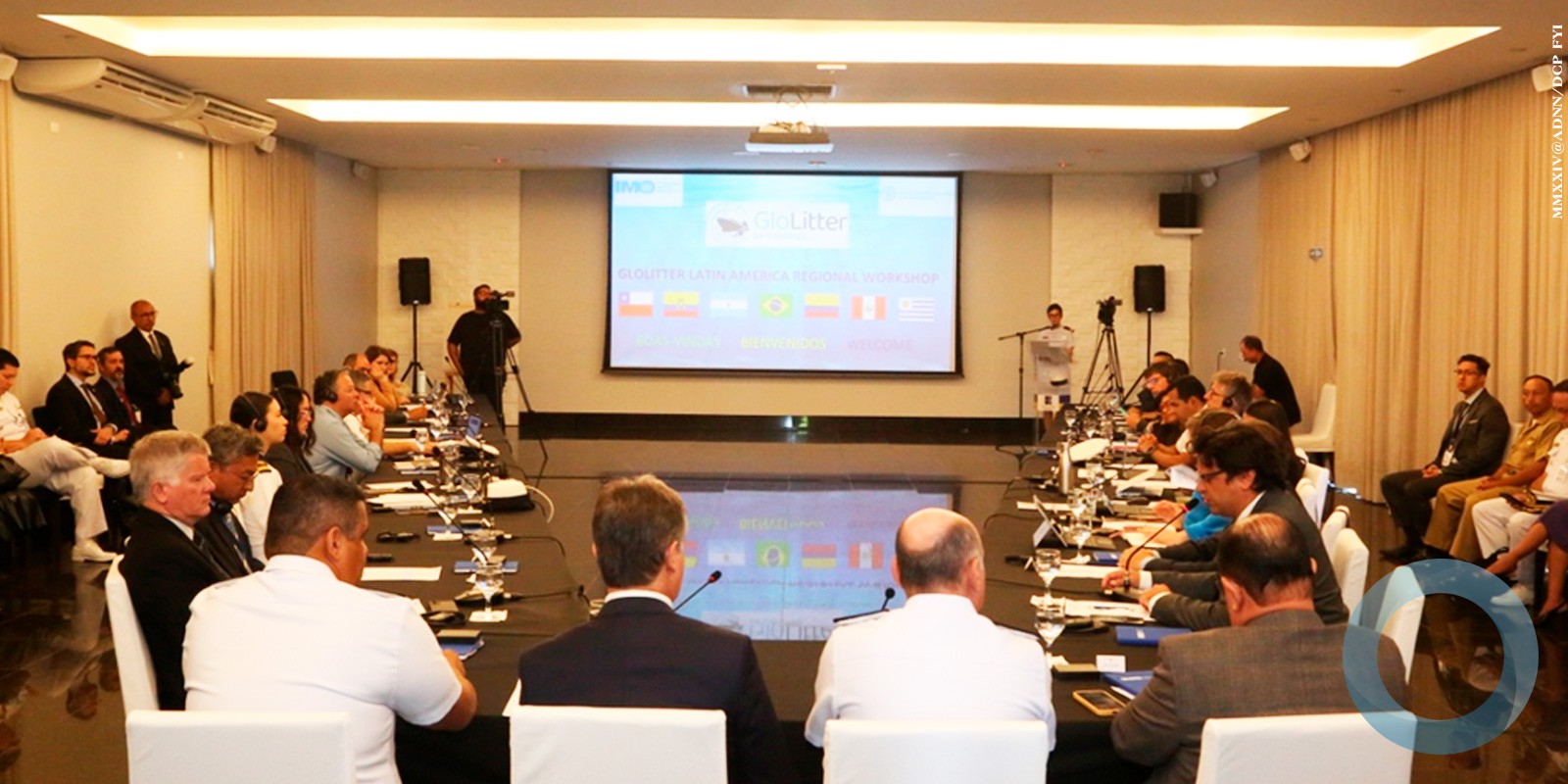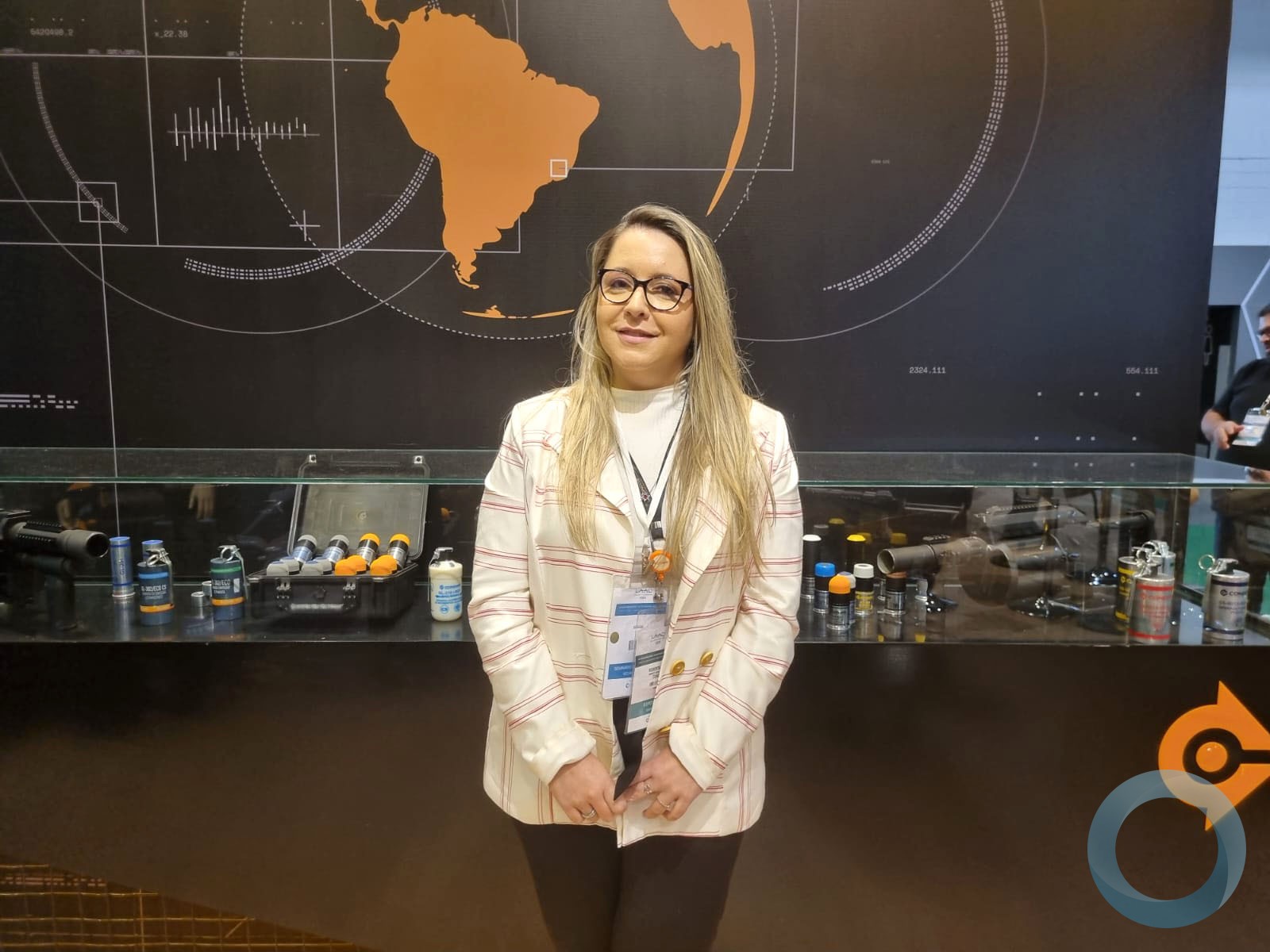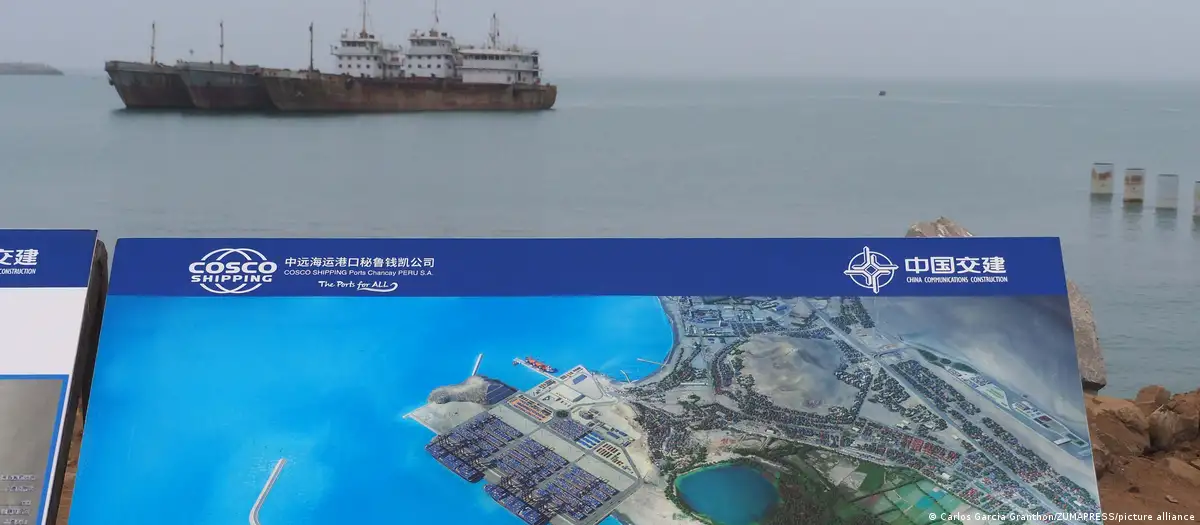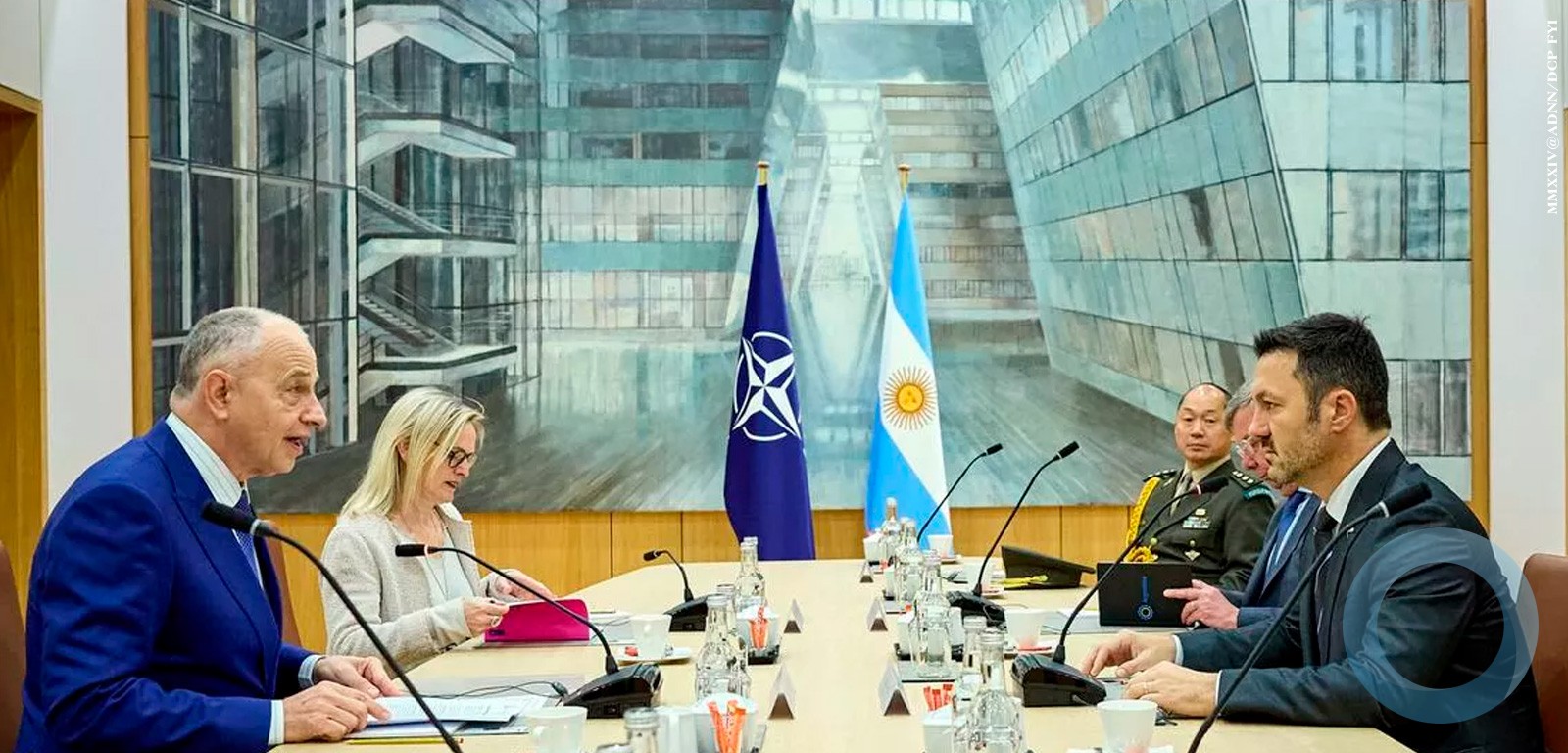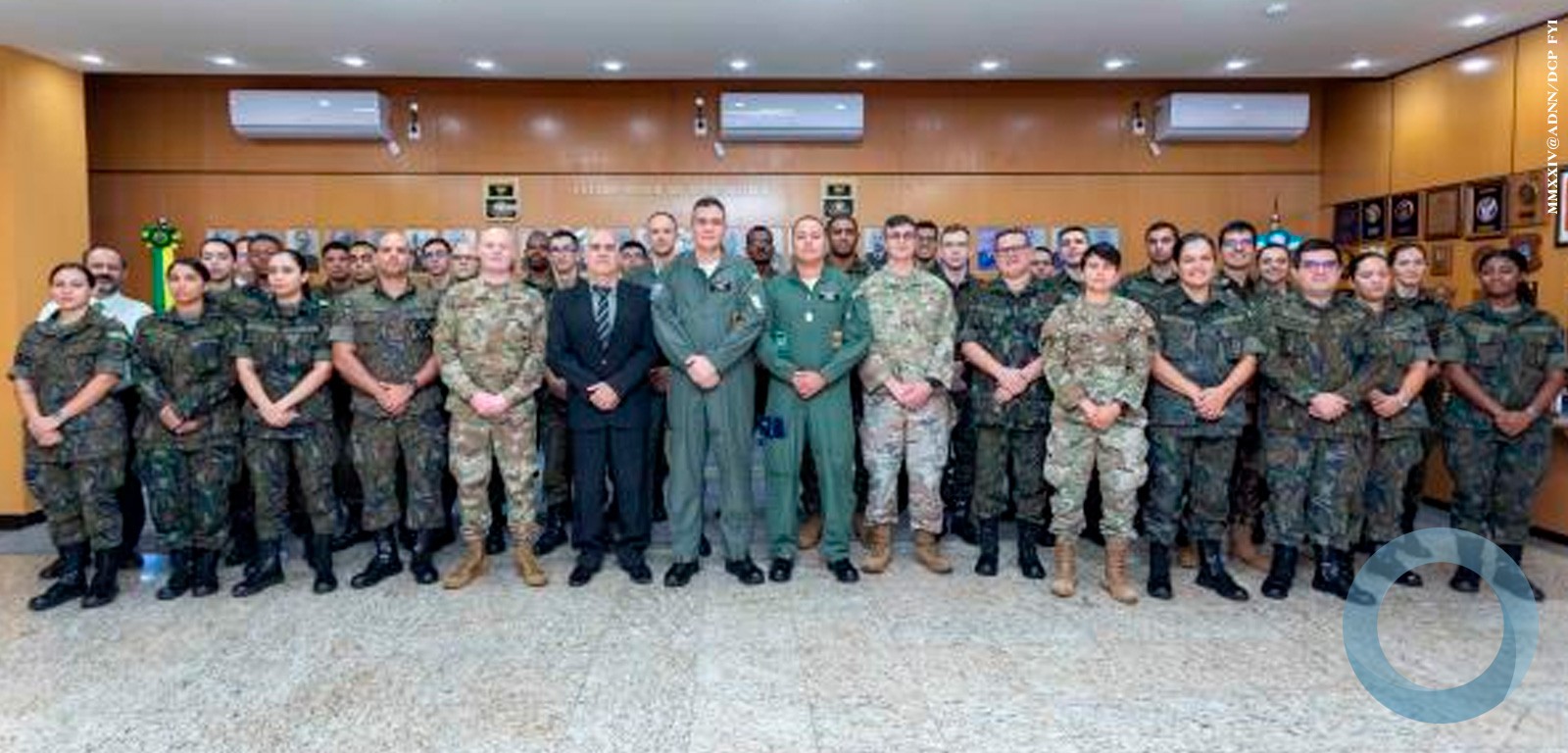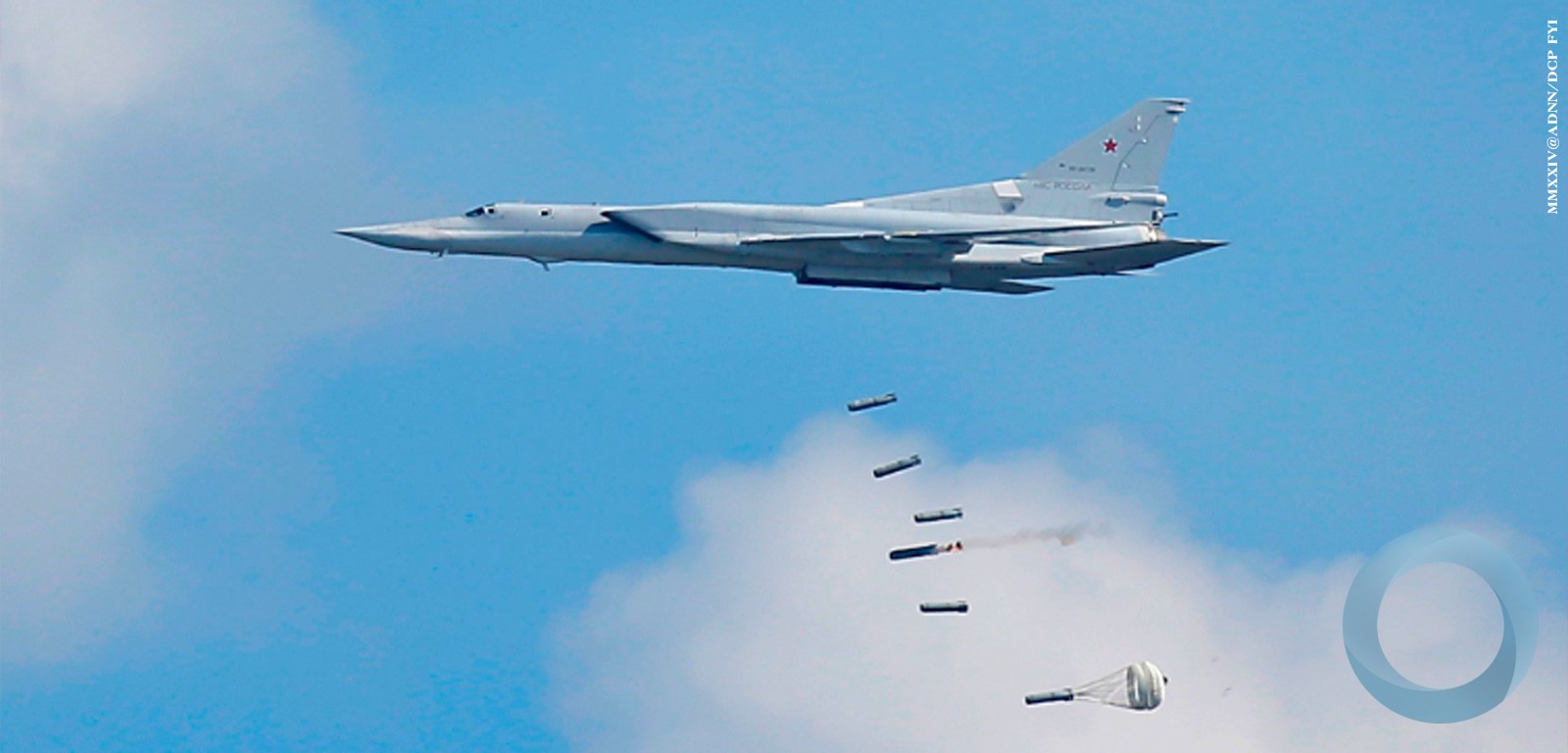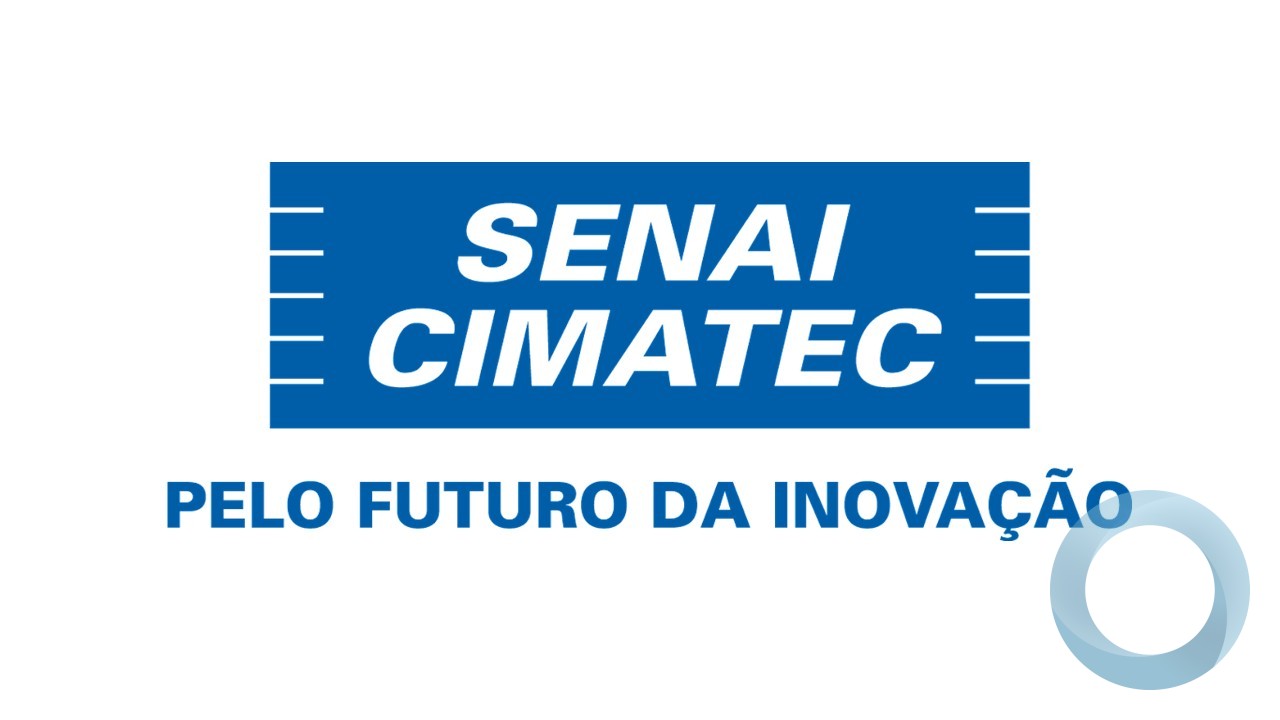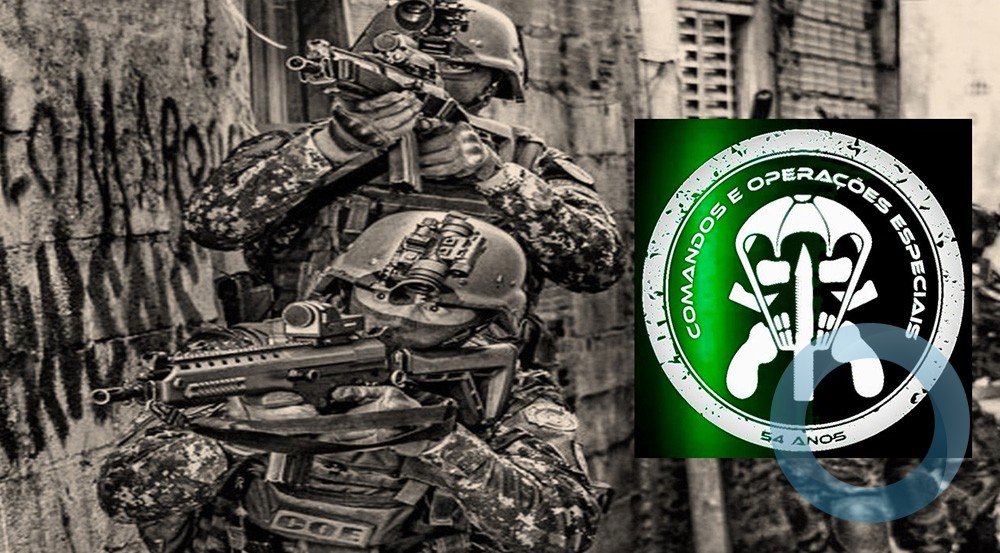Treasury Sanctions Prominent Venezuelan Drug Trafficker Tareck El Aissami and His Primary Frontman Samark Lopez Bello
Action Targets International Network of 13 Companies That Facilitate
Illicit Money Movements and Offshore Asset Holdings
WASHINGTON—Today, the U.S. Department of the Treasury's Office of Foreign Assets Control (OFAC) designated Venezuelan national Tareck Zaidan El Aissami Maddah (El Aissami) as a Specially Designated Narcotics Trafficker pursuant to the Foreign Narcotics Kingpin Designation Act (Kingpin Act) for playing a significant role in international narcotics trafficking. El Aissami is the Executive Vice President of Venezuela. El Aissami's primary frontman, Venezuelan national Samark Jose Lopez Bello (Lopez Bello), was also designated for providing material assistance, financial support, or goods or services in support of the international narcotics trafficking activities of, and acting for or on behalf of, El Aissami. OFAC further designated or identified as blocked property 13 companies owned or controlled by Lopez Bello or other designated parties that comprise an international network spanning the British Virgin Islands, Panama, the United Kingdom, the United States, and Venezuela.
As a result of today's action, U.S. persons are generally prohibited from engaging in transactions or otherwise dealing with these individuals and entities, and any assets the individuals and entities may have under U.S. jurisdiction are frozen.
"OFAC's action today is the culmination of a multi-year investigation under the Kingpin Act to target significant narcotics traffickers in Venezuela and demonstrates that power and influence do not protect those who engage in these illicit activities," said John E. Smith, Acting Director of OFAC. "This case highlights our continued focus on narcotics traffickers and those who help launder their illicit proceeds through the United States. Denying a safe haven for illicit assets in the United States and protecting the U.S. financial system from abuse remain top priorities of the Treasury Department."
El Aissami was appointed Executive Vice President of Venezuela in January 2017. He previously served as Governor of Venezuela's Aragua state from 2012 to 2017, as well as Venezuela's Minister of Interior and Justice starting in 2008. He facilitated shipments of narcotics from Venezuela, to include control over planes that leave from a Venezuelan air base, as well as control of drug routes through the ports in Venezuela. In his previous positions, he oversaw or partially owned narcotics shipments of over 1,000 kilograms from Venezuela on multiple occasions, including those with the final destinations of Mexico and the United States.
He also facilitated, coordinated, and protected other narcotics traffickers operating in Venezuela. Specifically, El Aissami received payment for the facilitation of drug shipments belonging to Venezuelan drug kingpin Walid Makled Garcia. El Aissami also is linked to coordinating drug shipments to Los Zetas, a violent Mexican drug cartel, as well as providing protection to Colombian drug lord Daniel Barrera Barrera and Venezuelan drug trafficker Hermagoras Gonzalez Polanco. Los Zetas, Daniel Barrera Barrera, and Hermagoras Gonzalez Polanco were previously named as Specially Designated Narcotics Traffickers by the President or the Secretary of the Treasury under the Kingpin Act in April 2009, March 2010, and May 2008, respectively.
Lopez Bello is a key frontman for El Aissami and in that capacity launders drug proceeds. Lopez Bello is used by El Aissami to purchase certain assets. He also handles business arrangements and financial matters for El Aissami, generating significant profits as a result of illegal activity benefiting El Aissami.
Lopez Bello oversees an international network of petroleum, distribution, engineering, telecommunications, and asset holding companies: Alfa One, C.A. (Venezuela), Grupo Sahect, C.A. (Venezuela), MFAA Holdings Limited (British Virgin Islands), Profit Corporation, C.A. (Venezuela), Servicios Tecnologicios Industriales, C.A. (Venezuela), SMT Tecnologia, C.A. (Venezuela), and Yakima Trading Corporation (Panama). Another entity, Yakima Oil Trading, LLP (United Kingdom), is owned, controlled, or directed by, or acting for or on behalf of, Yakima Trading Corporation (Panama). Profit Corporation, C.A. and SMT Tecnologia, C.A. have Venezuelan government contracts. Between 2009 and 2010, Grupo Sahect C.A. provided storage and transportation services for the Venezuelan government agency Productora y Distribuidora de Alimentos, S.A. (PDVAL).
Five U.S. companies owned or controlled by Lopez Bello and/or MFAA Holdings Limited have also been blocked as part of today's action. These entities are the following limited liability companies registered in Florida: 1425 Brickell Ave 63-F LLC; 1425 Brickell Avenue Unit 46B, LLC; 1425 Brickell Avenue 64E, LLC; Agusta Grand I LLC; and 200G PSA Holdings LLC. Additionally, a U.S.-registered aircraft with the tail number N200VR has been identified as blocked property owned or controlled by 200G PSA Holdings LLC.
As a result of today's action, significant real property and other assets in the Miami, Florida area tied to Lopez Bello have been blocked.
Since June 2000, more than 2,000 entities and individuals have been named pursuant to the Kingpin Act for their role in international narcotics trafficking. Penalties for violations of the Kingpin Act range from civil penalties of up to $1,437,153 per violation to more severe criminal penalties. Criminal penalties for corporate officers may include up to 30 years in prison and fines of up to $5 million. Criminal fines for corporations may reach $10 million. Other individuals could face up to 10 years in prison and fines pursuant to Title 18 of the United States Code for criminal violations of the Kingpin Act.








